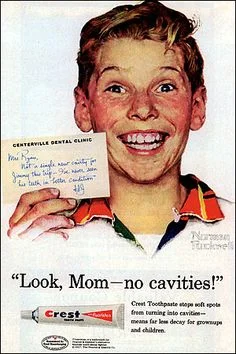by Tess Crain
Having read, last year, with a certain stringent intensity, I tried to be more omnivorous and relaxed about my choices in 2019. Perhaps because of this, I’m not sure which books were the best. Here are five, however, ranging from the second to the twenty-first century in origin and including both fiction and nonfiction, that made a singular impression—all also share a probing interest in the human relationship to scale.














